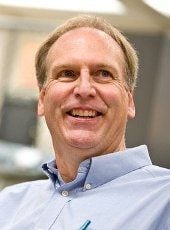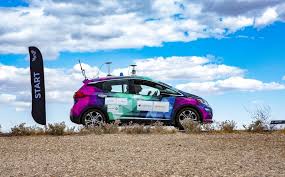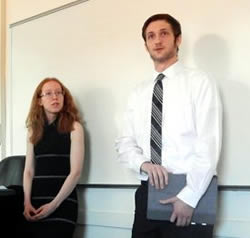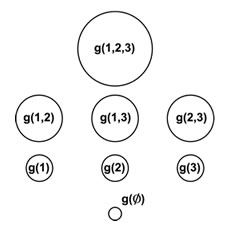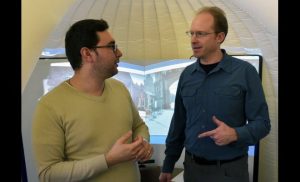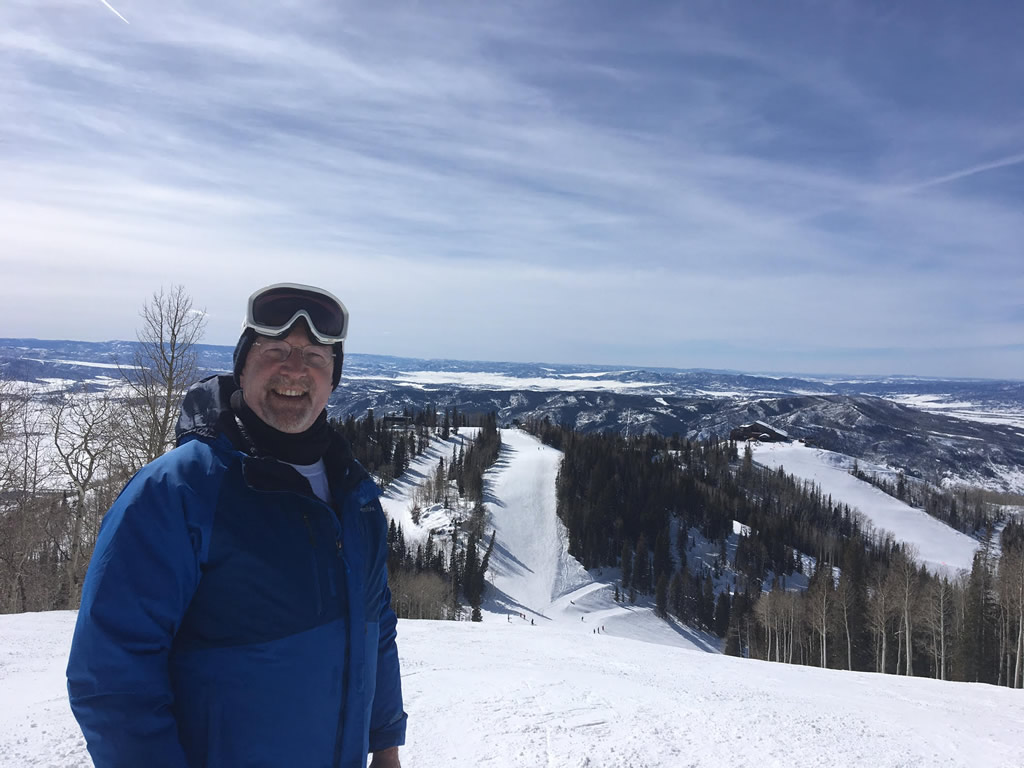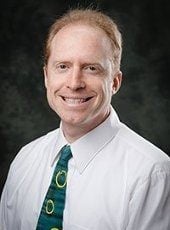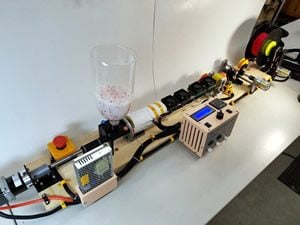
Joshua Pearce (MSE/ECE) was interviewed for the article “Michigan Tech Researchers Publish Paper on New Recyclebot 3D Printer,” published in 3D Print Pulse, Ichiban Electronic Blog and 3DPrint.com among other sites.
Michigan Tech Researchers Publish Paper on New Recyclebot 3D Printer
Dr. Pearce is a major proponent for sustainability, and has also studied filament recycling in the past. In the 2017 study, Dr. Pearce and the rest of his team discussed the development of a solar-powered version of the open source “recyclebot,” an extruder for waste plastic that he designed back in 2013.
In a new paper, titled “RepRapable Recyclebot: Open source 3-D printable extruder for converting plastic to 3-D printing filament,” Dr. Pearce and his team relay their continued development of the innovative recyclebot, including the full plans, list of parts, and assembly instructions for the device, which was designed for FFF 3D printer-based filament research.
https://doi.org/10.1016/j.ohx.2018.e00026
Co-authors of the paper include Michigan Tech’s Aubrey L. Woern, Joseph R. McCaslin, Adam M. Pringle, and Dr. Pearce.
Read more at 3D Print Pulse, by Sarah Saunders.
In the News
Joshua Pearce (MSE/ECE) was featured in the article “Recyclebot an Open-Source 3D Printable Extruder for Converting Plastic to 3D Printing Filament.” in Inside 3D Printing.
Research by undergraduate Aubrey Woern (MEEM) and Joseph McCaslin (ECE), in collaboration with graduate student Adam Pringle (MSE) and Joshua Pearce (MSE/ECE) was featured in the article, “RepRapable Recyclebot: Open-Source-Extruder recycelt Filament,” in the German Make Magazine.
In Print
Undergraduate students Aubrey Woern (MEEM) and Joseph McCaslin (ECE) in collaboration with graduate student Adam Pringle (MSE) and Joshua Pearce (MSE/ECE) published “RepRapable Recyclebot: Open Source 3D Printable Extruder for Converting Plastic to 3-D Printing Filament” in HardwareX.
PhD student Khalid Khan (ECE) and Lucia Gauchia (ECE/ME) and Joshua Pearce (MSE/ECE) published Self-sufficiency of 3-D printers: utilizing stand-alone solar photovoltaic power systems, in Renewables: Wind, Water, and Solar.
